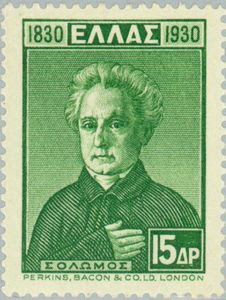Wilhelm Maybach was born on 09 February 1846, in Heilbronn, Kingdom of
Württemberg, German Confederation. He passed away on 29 December 1929,
in Stuttgart, Germany.
Wilhelm Maybach (1846–1929) was a German engineer and industrialist who played a crucial role in the development of early internal combustion engines and automobiles. He is best known for his collaboration with Gottlieb Daimler in the founding of the Daimler-Motoren-Gesellschaft (DMG), a company that became a pioneer in the automotive industry.
Some key points about Wilhelm Maybach include:
Early Career: Maybach began his career as a technical draftsman and later worked for various engineering firms. In the 1870s, he became involved with Nikolaus Otto, the inventor of the four-stroke internal combustion engine.
Collaboration with Gottlieb Daimler: Maybach joined forces with Gottlieb Daimler in the late 19th century. Together, they developed high-speed internal combustion engines that were more efficient than existing designs.
Creation of Daimler-Motoren-Gesellschaft (DMG): In 1890, Maybach and Daimler founded DMG, a company dedicated to the production of engines and, later, automobiles. The company produced some of the first successful motor vehicles, including the Mercedes 35hp, which is considered one of the earliest modern automobiles.
Legacy: Maybach's contributions to automotive engineering include innovations such as the honeycomb radiator and the float-feed carburetor. The brand "Maybach" later became associated with luxury automobiles, with high-end models produced under the Maybach name.
Later Years: After some disagreements with the Daimler board, Maybach left DMG in 1907. He continued to work independently and remained involved in engineering until his retirement.
Wilhelm Maybach's impact on the automotive industry and his collaborations with Gottlieb Daimler were instrumental in the early development of internal combustion engines and automobiles. His legacy is recognized in the continued use of the Maybach name in luxury vehicles, as well as in the broader history of automotive engineerin









